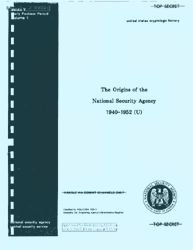Wu Ti's interest in Heavenly Horses came from his adoption, in his latter days, of bizarre mystical beliefs. Influenced by magicians associated with the Taoist faith (DOW-ist), he became convinced that by riding one of those horses, he could make his way into Heaven. In his latter days, Wu Ti
Resembled an Egyptian pharaoh: not only was he obsessed with the idea of his own immortality, but he encouraged his people in the cult of emperor-worship. The Chinese, like the Egyptians, considered their rulers gods, but Wu Ti placed a particularly strong emphasis on this practice.
He also fostered a number of cultural pursuits, though here again, Wu Ti left the stamp of his personality. Among the prominent figures of his court was Ssu-ma Ch'ien (soo-MAH chee-YEN; c. 145-85 b. c.). Court historian and acknowledged “father of Chinese history,” just as Herodotus (see entry) is credited as the father of Western history, Ssu-ma Ch'ien got into trouble with Wu Ti for defending a general who had surrendered to the Hsiung Nu. Wu Ti had him castrated. On a more positive note, Wu Ti ordered the establishment of the Chinese Music Bureau in 120 b. c. for the purpose of preserving and collecting folk songs.
Wu Ti's court was characterized by palace intrigue involving his various wives and sons. In 130 b. c., he became convinced that one of his daughters was using black magic against him. As a result he had her executed along with some 300 others. The plots only became worse in his later years. In 91 B. C. he forced the empress to commit suicide along with her son and heir.
Wu Ti left his country's economy in a shambles. He had established a pattern of infighting in the court that would later help to bring down the Han Dynasty. Nonetheless, his many conquests, as well as public works projects such as the building of a massive flood control system, made him one of China's most important rulers of ancient times.




 World History
World History









